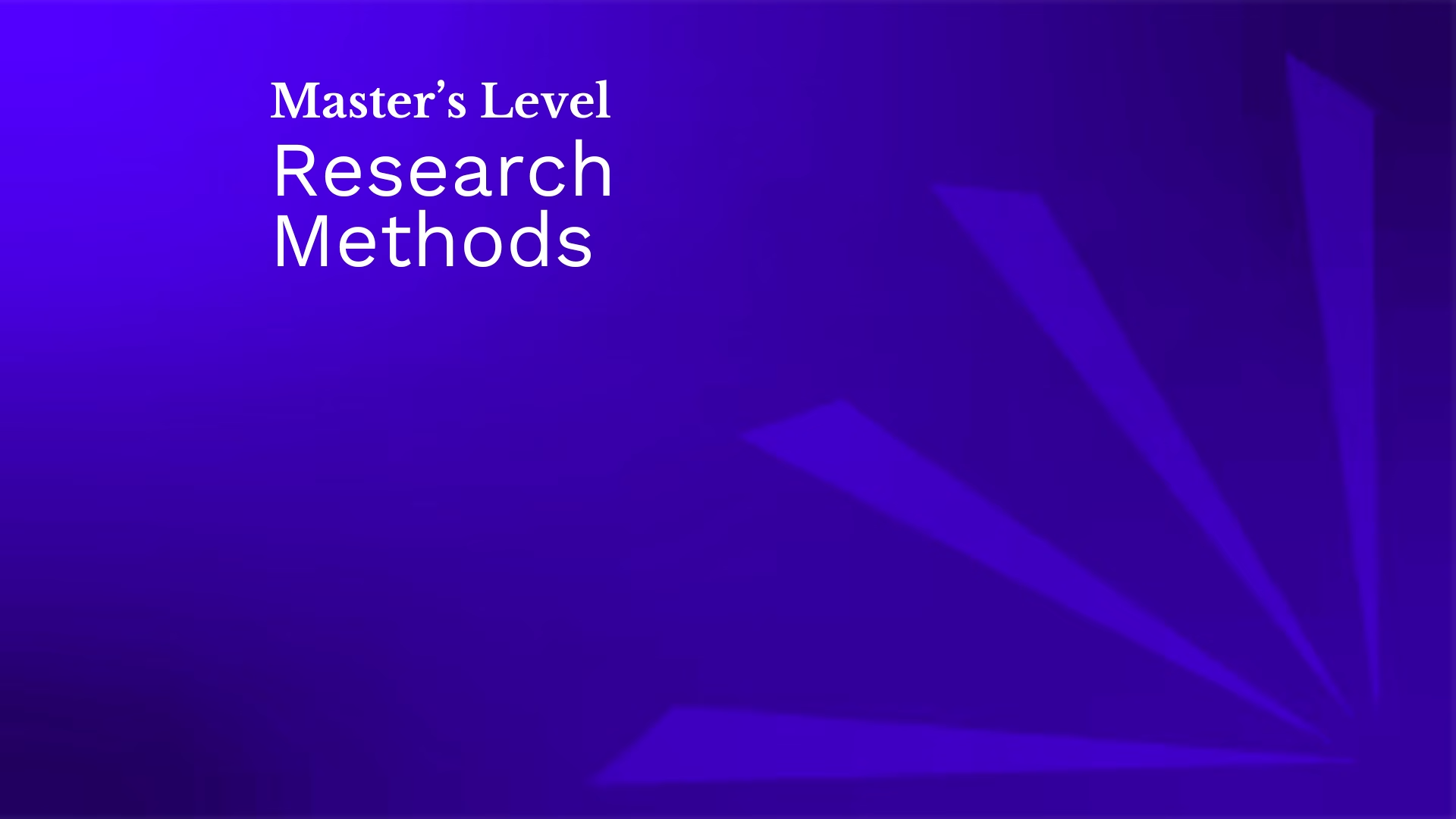This course provides a comprehensive introduction to the principles of research and academic writing, equipping students with the essential skills needed to engage in scholarly inquiry. Students will learn to navigate academic and published materials with an awareness of intellectual property, copyright law, and research ethics. Training includes hands-on exercises that develop competence in using the King’s Evangelical Divinity School eResources and internet-based technologies for academic research.
The course explores both quantitative and qualitative research approaches, preparing students to evaluate, design, and apply appropriate methodologies. Attention is given to the conventions of academic writing, including the preparation of footnotes, endnotes, bibliographies, and the use of different citation styles. Students will also develop the ability to draft and structure research proposals, with guidance on writing research papers and preparing work for potential publication in academic journals.
Alongside practical writing skills, the course fosters critical engagement with academic material. Students will practise summarising scholarly texts, writing book reviews, and applying critiquing skills to research design, methodology, data analysis, and instrument design. By the end of the course, students will have a strong foundation in both the theory and practice of academic research, enabling them to undertake independent scholarly projects with confidence.
Aims
· To enhance postgraduate students’ understanding of the philosophy, techniques, and tools of advanced
scholarly-level research, with special reference to the areas of Biblical and Theological Studies.
· To offer in-depth and focused teaching on research methodology pertaining to critical scholarship at
postgraduate level.
· To enable students to understand, utilise and assess quantitative and qualitative approaches to research.
· To provide methodological skills and specialist knowledge in the field that may be useful for subsequent
advanced study or research.
· To lay academic foundations upon which students may build in pursuing further academic research.
Learning Outcomes
1. a thorough understanding of how, where, and why academic knowledge is published.
2. an ability to use and explain critical research methods in order to obtain knowledge from suitable
sources.
3. a critical awareness of the ethical issues in research.
4. an ability to critically evaluate and review scholarly theological material in publication or scheduled for
publication.
5. an ability to identify appropriate research methods and techniques for specific purposes.
6. the capacity to create and justify a research method or proposal appropriate to a field of interest in
theology.
Course Features
- Lectures 18
- Quiz 0
- Duration 52 weeks
- Skill level All levels
- Language English
- Students 5
- Certificate No
- Assessments Self
- 6 Sections
- 18 Lessons
- 52 Weeks
- WelcomeWelcome to Research Methods! This module will guide you through the essential skills needed to succeed in academic research and writing. Together, we will explore how to find, evaluate, and use scholarly resources, understand different research approaches, and develop the tools to write with clarity, accuracy, and integrity. By the end of the course, you will be equipped to design, critique, and present research with confidence, preparing you for future academic and professional work.2
- LecturesAccess your written, audio, and visual lectures here.6
- ReadingAccess your reading list and resources here.4
- Additional MaterialHere are some helpful videos to help you on your way to quality research.4
- AssignmentsComplete the assignment to finish the module.2
- FeedbackDon't forget to complete the feedback form. Feedback helps the school with quality assurance. Your voice is important to us!1

